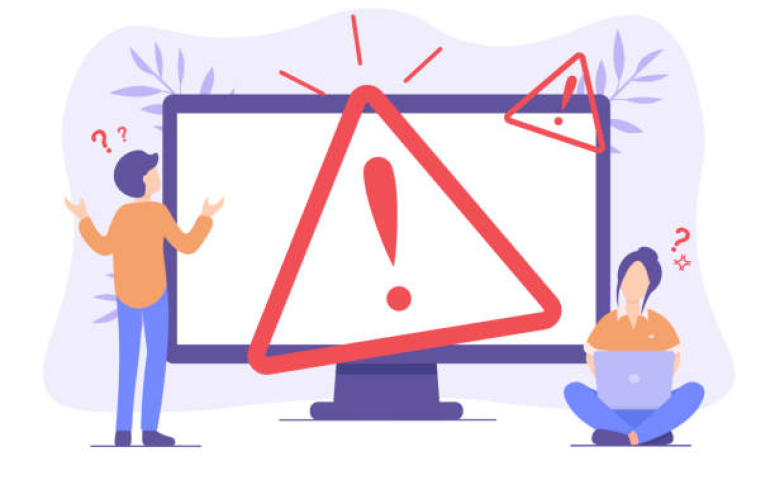Mastering a new language comes with its challenges, and Russian is no exception. From complex grammar rules to pronunciation difficulties, learners often encounter common pitfalls that can slow their progress. If you want to learn Russian effectively, understanding these mistakes and how to avoid them will make your journey much smoother.
1. Misusing Cases in Russian Grammar
One of the biggest challenges for learners is mastering the six grammatical cases in Russian. Unlike English, where word order determines meaning, Russian uses cases to show the function of a word in a sentence. Many beginners struggle with choosing the correct endings, leading to confusion in communication.
💡 Solution: Practice cases with example sentences, and pay attention to how native speakers use them. Flashcards and grammar exercises can also be helpful.
2. Confusing Perfective and Imperfective Verbs
Russian verbs have two aspects: perfective (for completed actions) and imperfective (for ongoing or repeated actions). Using the wrong aspect can change the meaning of a sentence entirely.
💡 Solution: When learning new verbs, always study both aspects together and observe how they are used in context.
3. Incorrect Word Stress and Pronunciation
Russian is a language with unpredictable word stress, meaning that the emphasis in a word can change its meaning. Misplacing stress can make words difficult to understand. For example, мУка (flour) and мукА (torment) sound completely different despite similar spelling.
💡 Solution: Listen to native speakers, practice pronunciation with audio recordings, and use language apps that focus on correct stress patterns.
4. Overusing "быть" in the Present Tense
In Russian, the verb быть (to be) is not used in the present tense. However, many English speakers mistakenly include it in sentences like Я есть студент instead of the correct Я студент.
💡 Solution: Remember that in present-tense sentences, Russian does not require a form of "to be."
5. Struggling with Reflexive Verbs
Russian has many reflexive verbs that end in -ся or -сь, which can confuse learners who are unfamiliar with their function. These verbs often indicate actions done to oneself, such as одеваться (to get dressed).
💡 Solution: Practice recognizing reflexive verbs and their meanings in different contexts.
6. Directly Translating from English
Word-for-word translations from English to Russian often lead to unnatural sentences. Russian has different sentence structures, idioms, and expressions that do not always match English.
💡 Solution: Focus on thinking in Russian instead of translating, and expose yourself to authentic Russian speech through books, movies, and conversations.
Conclusion
Mistakes are a natural part of learning any language, but recognizing common errors can help you improve faster. By focusing on grammar, pronunciation, and natural expressions, you’ll develop a stronger foundation in Russian.
Ready to start learning Russian? Visit https://lingolands.com/en/russian/ to find the perfect tutor and begin your language-learning journey today!




